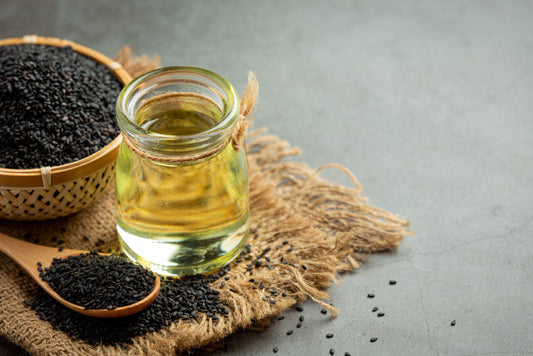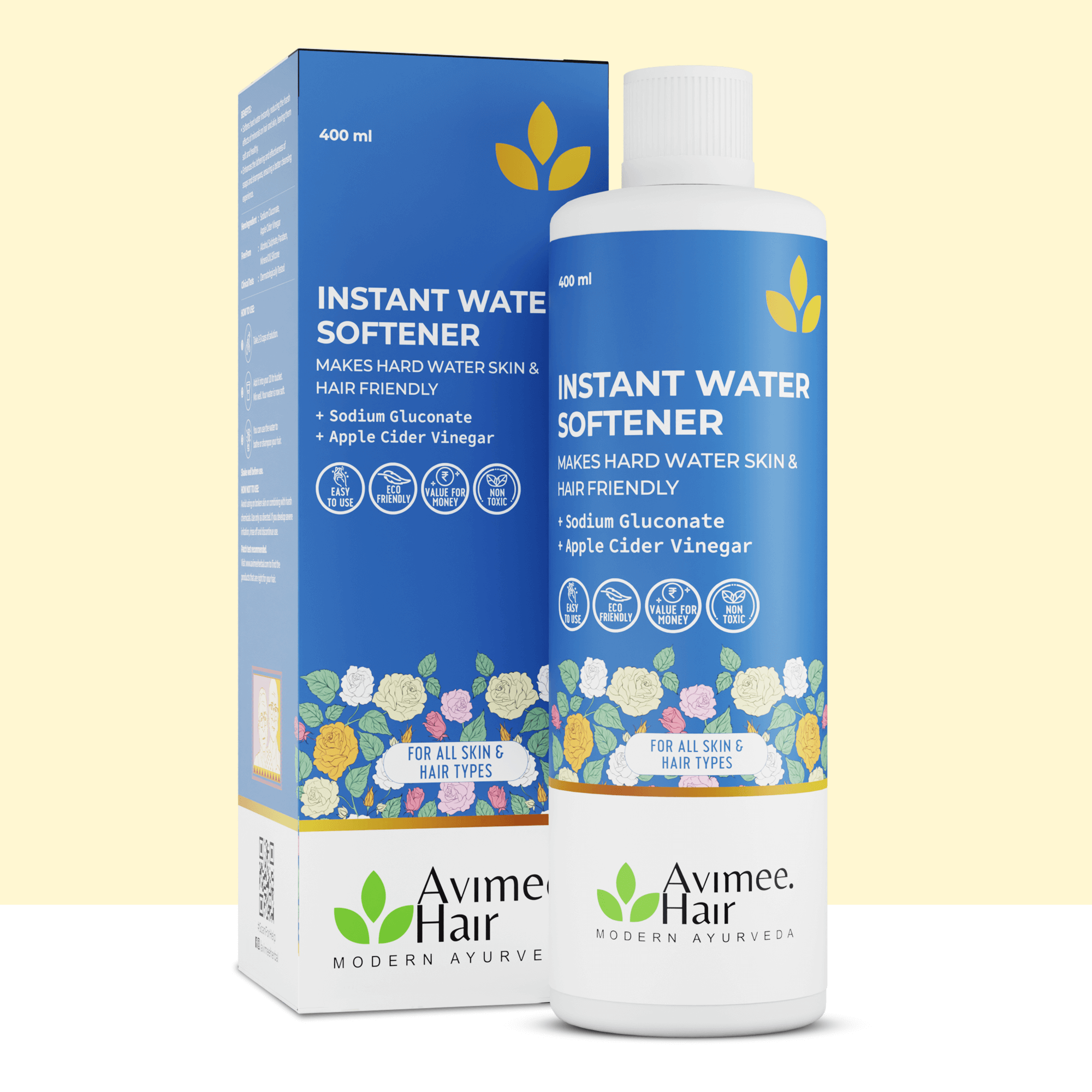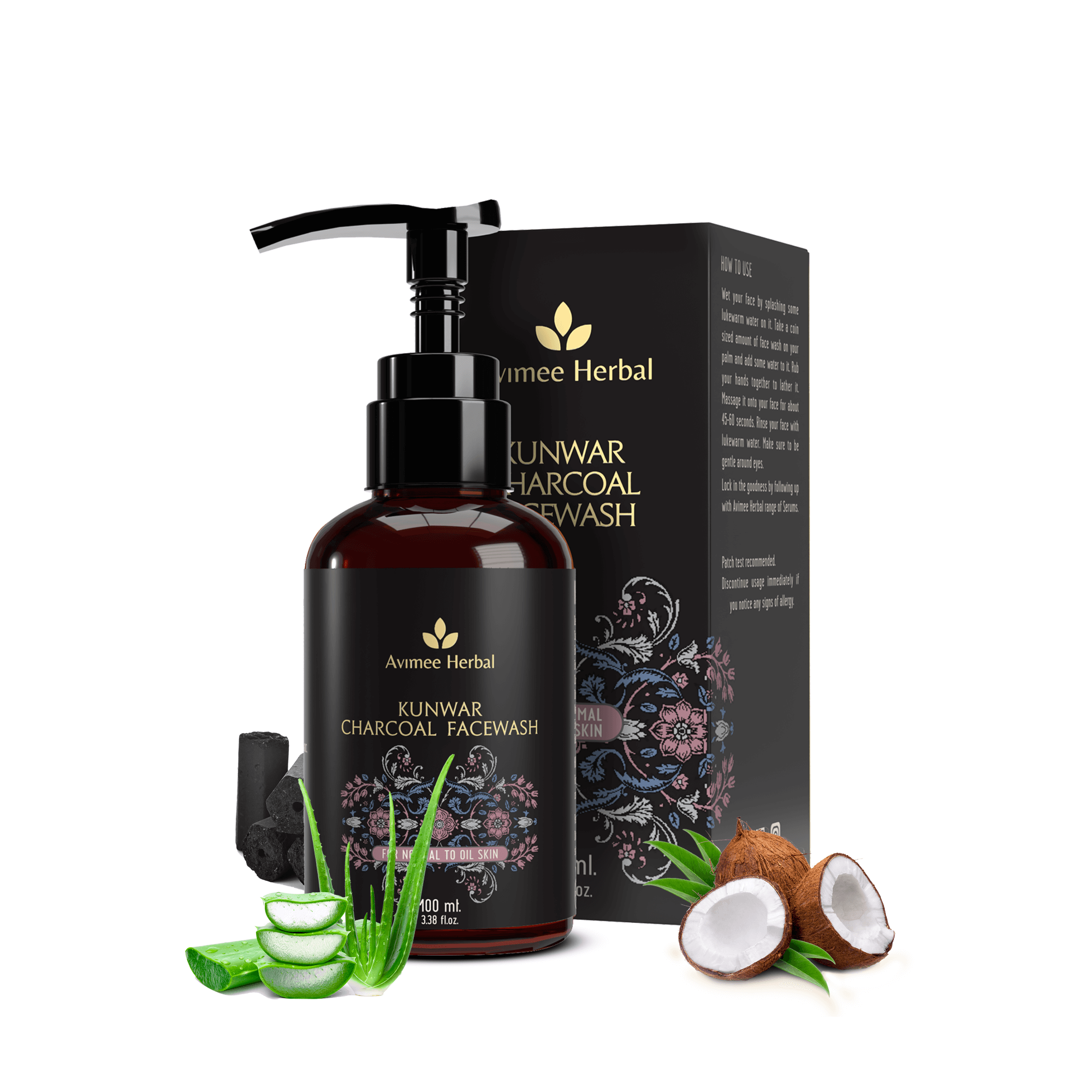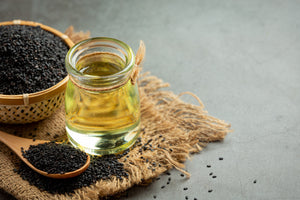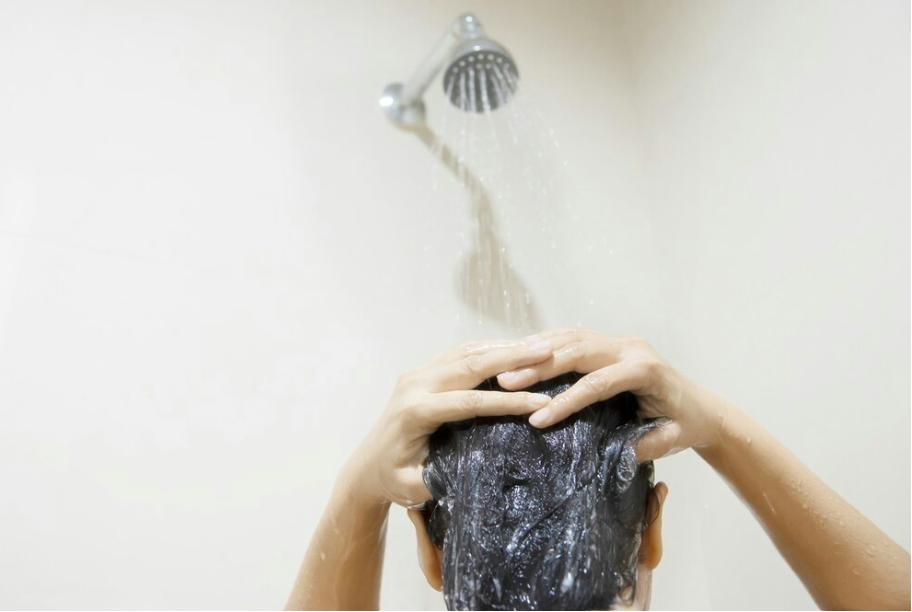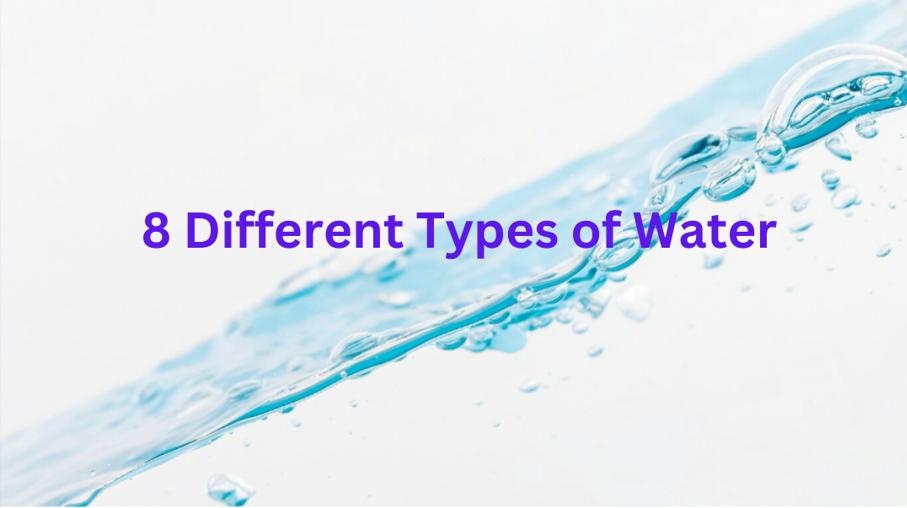Articles
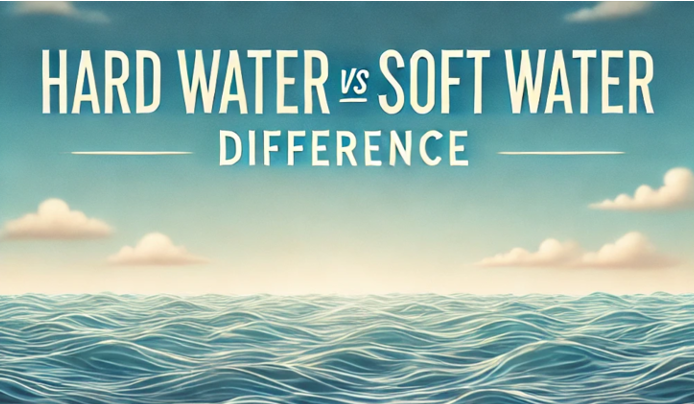
Skin Care
The Difference Between Hard Water and Soft Water: A Complete Guide
Water is essential for daily life, but did you know that the type of water you use can significantly impact your hair, skin, and even home appliances? The difference between hard water and soft water lies in their mineral composition, and understanding this difference is key to making better lifestyle choices.
What is Hard Water?
Characteristics of Hard Water
Hard water contains high levels of dissolved minerals, primarily calcium and magnesium. These minerals are picked up as water flows through rocks, soil, and underground aquifers.
Common Signs of Hard Water
- Soap Scum Residue: Hard water reacts with soap, leaving a film on dishes, bathroom fixtures, and skin.
- Mineral Deposits: White or chalky residue on faucets, kettles, and showerheads is a clear sign of hard water.
- Dry Hair and Skin: Hard water can strip away natural oils, leaving hair brittle and skin dry.
What is Soft Water?
Characteristics of Soft Water
Soft water contains low levels of calcium and magnesium. It may naturally occur in some regions or be produced through Instant water-softening systems.
Benefits of Soft Water
- Better Cleaning Efficiency: Soft water lathers easily with soap, leading to more effective cleaning.
- Gentle on Skin and Hair: It helps retain moisture, leaving your skin soft and hair manageable.
- Prevents Scaling: Soft water doesn’t leave mineral deposits on appliances, ensuring their longevity.
How to Differentiate Between Hard Water and Soft Water
| Feature | Hard Water | Soft Water |
|---|---|---|
| Mineral Content | High (Calcium, Magnesium) | Low or None |
| Soap Interaction | Forms soap scum; poor lathering | Lathers easily; no residue |
| Effect on Appliances | Causes scaling and reduces efficiency | Prevents scaling; appliances last longer |
| Impact on Hair and Skin | Causes dryness and damage | Gentle and hydrating |
Simple Tests to Identify Water Type
- Soap Test: Hard water produces less lather with soap, while soft water creates a rich, bubbly lather.
- Scale Check: Check for white or chalky deposits on faucets or dishes to identify hard water.
The Impact of Hard Water vs. Soft Water
Hard Water Challenges
- Hair and Skin Damage: Hard water strips natural oils, leading to dryness and irritation.
- Clogged Pipes: The mineral buildup reduces water flow and can lead to plumbing issues.
- Appliance Wear: Frequent descaling is needed to prevent damage to washing machines and kettles.
Soft Water Benefits
- Healthy Hair and Skin: Soft water retains moisture, keeping your skin soft and hair smooth.
- Energy Efficiency: Soft water prevents scaling, reducing energy consumption in appliances.
- Cost Savings: With soft water, you use less soap, detergent, and shampoo, saving money in the long run.
How to Manage Hard Water
Solutions for Hard Water Problems
- Install a Water Softener: A water softener removes excess minerals, converting hard water to soft water.
- Use Chelating Products: Hair and skin care products designed for hard water can help minimize damage.
- Rinse with Vinegar or Lemon Water: These natural remedies help dissolve mineral residue on hair and skin.
Why Understanding Water Type Matters
The difference between hard water and soft water is more than just a scientific fact; it influences your daily life. Knowing how to differentiate between hard water and soft water allows you to take the necessary steps to protect your hair, skin, appliances, and plumbing systems.
Final Thoughts
Understanding the difference between hard water and soft water is crucial for maintaining a healthier lifestyle. Hard water, while not harmful to health, can lead to various inconveniences, including dry hair, dull skin, and damaged appliances. Soft water, on the other hand, offers numerous benefits, from better cleaning to improved hair and skin health.
By identifying your water type and taking appropriate measures, you can enhance your overall quality of life. Whether it’s installing a water softener or using products designed for hard water, the right solutions are within reach.

 Doctor Consultation
Doctor Consultation


